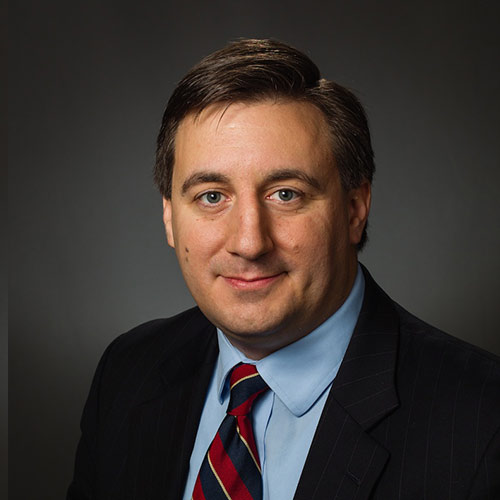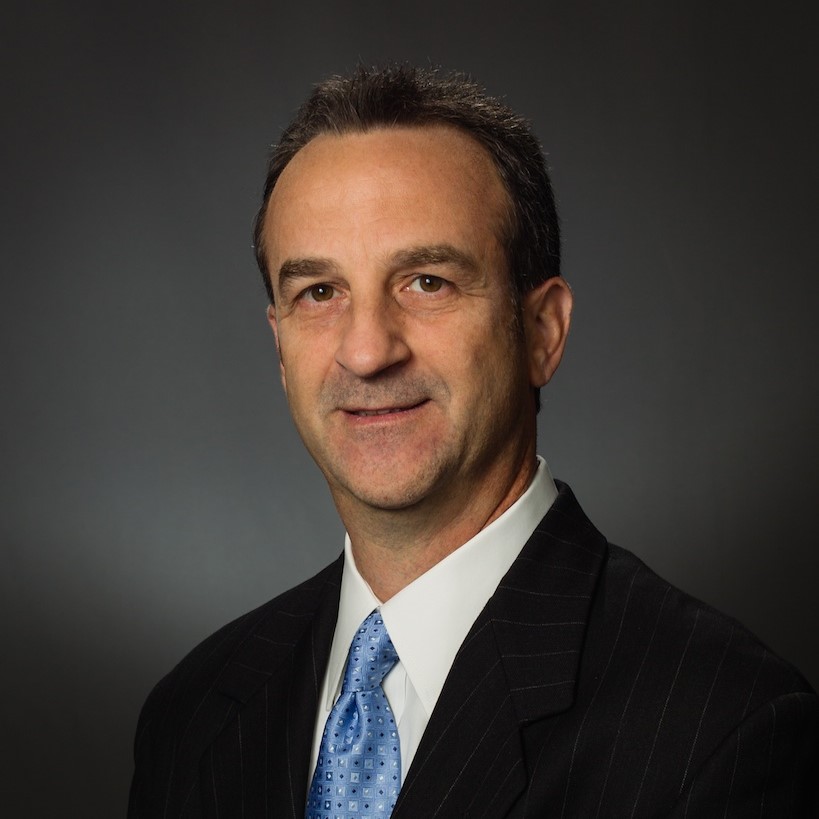WASHINGTON — Alliance Defending Freedom attorneys Monday asked the U.S. Supreme Court to reverse a split U.S. Court of Appeals for the 9th Circuit decision that allows local governments to impose stricter regulations on temporary church signs than other temporary, non-commercial signs. The petition to the Supreme Court comes in an Arizona church’s lawsuit challenging a Phoenix suburb’s sign ordinance.
“No law should burden the speech of churches with restrictions that don’t apply equally to similar speakers,” said Senior Counsel David Cortman. “The town of Gilbert cannot apply stricter rules to church signs when it doesn’t apply them to ideological, political, and other non-commercial signs.”
“Discrimination based on the content of speech violates the First Amendment,” added Senior Legal Counsel Jeremy Tedesco. “If town officials were truly concerned about traffic safety as they claim, they would apply the rules evenly to all similar temporary signs.”
“The Town of Gilbert’s Sign Code severely restricts…church invitation signs, purportedly in the name of safety and aesthetics. Yet the Code broadly permits the proliferation of political, ideological, and several other types of temporary signs that impact Gilbert’s interests in exactly the same way…,” the petition in Reed v. Town of Gilbert explains. “This conflict is highly developed in the sign code context, yet it has tremendous significance for free speech rights generally. Indeed, the content-neutrality principle is a hallmark of this Court’s First Amendment jurisprudence that applies to the regulation of signs and all other modes of expression.”
Three diagrams in the petition illustrate the town’s unequal treatment of signs. Under the ordinance, political signs in Gilbert can be up to 32 square feet, displayed for many months, and unlimited in number. An ideological sign can be up to 20 square feet, displayed indefinitely, and unlimited in number. The church’s signs can only be 6 square feet, may be displayed for no more than 14 hours, and are limited to 4 per property.
In a dissent accompanying the 9th Circuit’s ruling, Circuit Judge Paul Watford commented on the discrepancies: “Gilbert has merely offered, as support for the sign ordinance as a whole, its interest in enhancing traffic safety and aesthetics…. But to sustain the distinctions it has drawn, Gilbert must explain why (for example) a 20-square-foot sign displayed indefinitely at a particular location poses an acceptable threat to traffic safety and aesthetics if it bears an ideological message, but would pose an unacceptable threat if the sign’s message instead invited people to attend Sunday church services. Gilbert has not offered any such explanation, and I doubt it could come up with one if it tried.”
“What we are left with, then,” the dissent continued, “is Gilbert’s apparent determination that ‘ideological’ and ‘political’ speech is categorically more valuable, and therefore entitled to greater protection from regulation, than speech promoting events sponsored by non-profit organizations. That is precisely the value judgment that the First and Fourteenth Amendments forbid Gilbert to make.”
- Pronunciation guide: Tedesco (Tuh-DESS’-koh)
Alliance Defending Freedom is an alliance-building, non-profit legal organization that advocates for the right of people to freely live out their faith.
# # # | Ref. 11808


